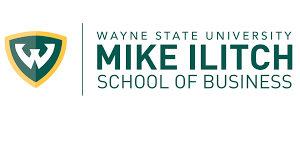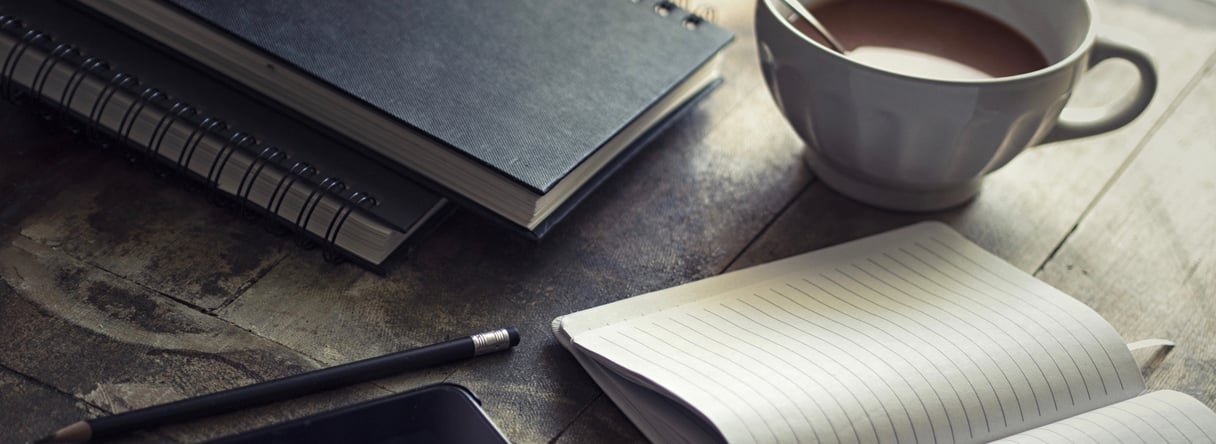Dangers of Cleaning Products
You could be putting your family’s health at risk every day right in your home, and not even realize it. From the products that you use to clean your dishes to the detergents you use to clean your clothes; they contain hazardous chemicals. A majority of household cleaning products contain dangerous chemicals, which are not advertised on the products for obvious marketing reasons. Because if you knew the dangers of these products you might never buy them. For this reason, it is very important to read labels and understand the ingredients in the products that you use. By being more aware of the type of chemicals and their hazardous effect, it can lead to a more educated decision on what products you use in your household.
In many households, people use detergents to clean dishes, surfaces, and wash clothes in order to prevent the growth of bacteria and the spread of viruses. However, these detergents may contain ingredients that can inflict moderate to serious health issues (Cleaning Supplies and Your Health).
Some harmful ingredients to be aware of include: Ethylene glycol, formaldehyde, sulfuric acid, chlorine bleach, and many more (Household Chemical Products and Their Health Risk). If these chemicals were to be ingested it can result in nausea, vomiting, shock, asthma, and more. However, some of these products can produce a milder reaction like skin irritations such as a rash (Household Chemical Products and Their Health Risk).
Eco Friendly and Safe Alternatives
With all this in mind, there are alternatives to using these harmful products. For example, you can make your own cleaning products with ingredients found in your home such as: baking soda, borax, white vinegar, lemon juice (Eco-Friendly Cleaning Recipes). However, it’s important to note that these alternatives can take longer to clean effectively. Not only does making your own cleaning products save money and is better for the environment, but they also provide you with a peace of mind knowing they are not putting your family’s health at risk. Another alternative is to buy natural cleaning products sold in stores. How to identify natural products is tricky, although the products might specify, they are natural, that might not always be the case. A good start would be to look for a shorter and simpler list of ingredients (The 10 Best Natural Cleaning Products). As well as being aware of the ingredients to stay away from when reading labels.
With all this said, the cleaning products you use in your home doesn’t have to be a threat to you or your family’s health. It starts by being knowledgeable about the about the products you use and their potential hazardous ingredients.
Citations
-
Household Chemical Products and Their Health Risk
https://my.clevelandclinic.org/health/articles/11397-household-chemical-products-and-their-health-risk -
Eco-Friendly Cleaning Recipes
https://www.ewg.org/guides/cleaners/content/cleaners_and_health/ -
Eco-Friendly Cleaning Recipes
https://www.ecocycle.org/hazwaste/ecofriendly-cleaning -
Household Alternatives for Reducing Toxic Products in Your Home
https://portal.ct.gov/DEEP/P2/Individual/Household-Alternatives-for-Reducing-Toxic-Products-in-Your-Home -
Less Toxic Alternatives
https://zerowastemarin.org/residents/zero-waste-resources/less-toxic-alternatives/


 Zoe Tidwell
Zoe Tidwell